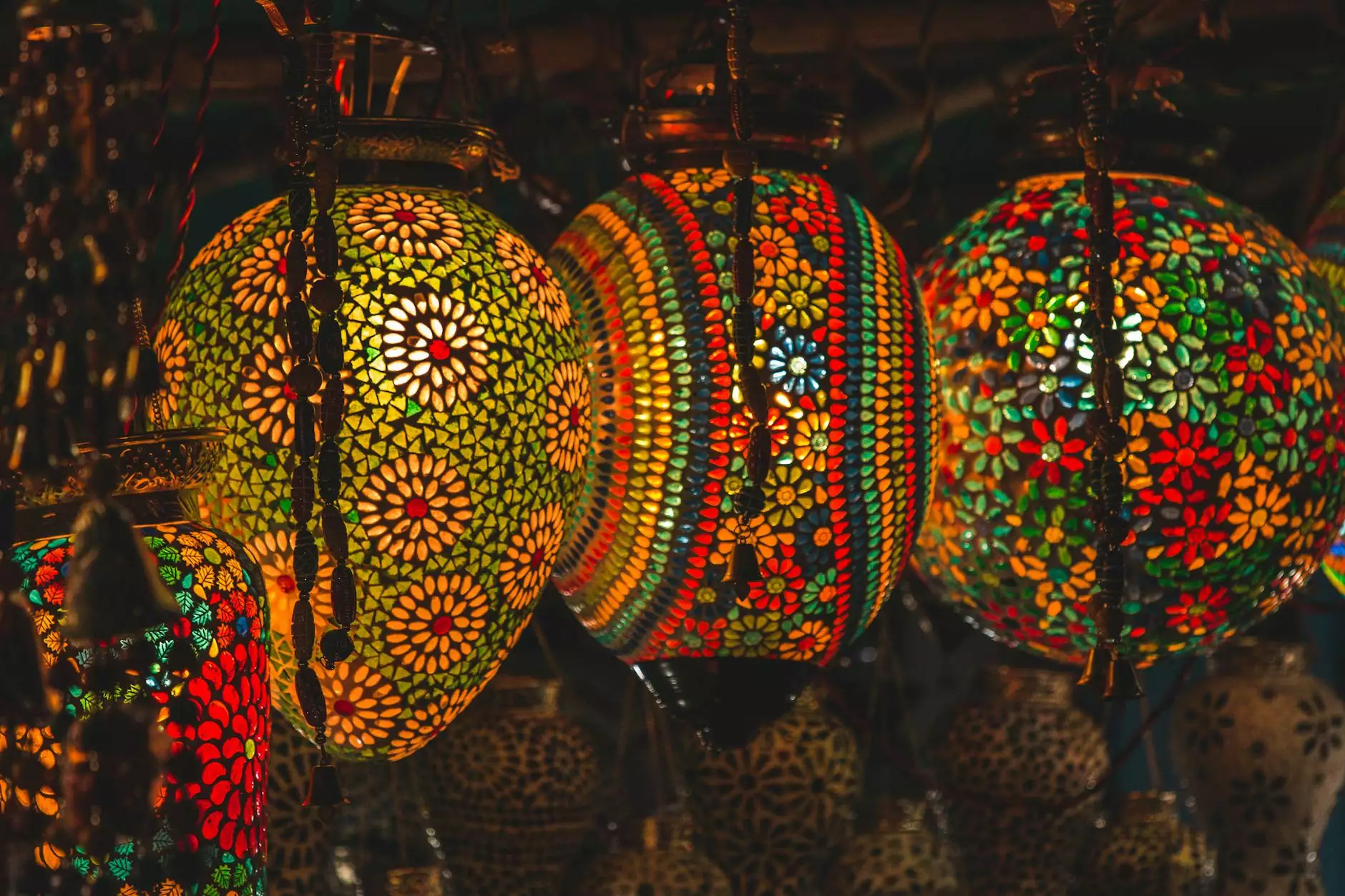The Vital Role of Black Churches in NYC

In the diverse cultural tapestry of New York City, black churches in NYC stand as powerful pillars of community, faith, and resilience. They are not merely places of worship; they are vibrant centers of social justice, education, and community service. The story of black churches in NYC is a rich narrative of tradition, advocacy, and unwavering hope.
Historical Significance of Black Churches in NYC
The roots of black churches in New York City can be traced back to the early 18th century. As African slaves sought solace and spiritual support, the establishment of these religious institutions became a necessity. The first independent black church in NYC, the Abyssinian Baptist Church, was founded in 1808 and has since played a crucial role in advocating for civil rights and social justice.
Throughout history, these churches have been at the forefront of movements that sought to dismantle racial injustice. They provided a safe haven for preaching liberation and fostering a sense of community against the backdrop of systemic oppression.
Community Services and Programs
Beyond their spiritual offerings, black churches in NYC provide a myriad of community services that address the needs of their congregations. Many churches have established programs aimed at combating poverty, promoting education, and facilitating health awareness. Here are some noteworthy services:
- Food Pantries: Many black churches run food pantries that cater to families in need, ensuring that no one goes hungry.
- Youth Programs: Churches often provide mentorship programs, after-school activities, and scholarships to support the educational aspirations of young people.
- Health Services: Free health screenings, mental health workshops, and fitness programs are common, addressing the health disparities that affect the black community.
- Crisis Intervention: Counseling services are offered for families facing crises, such as domestic violence or financial hardship.
Advocacy and Social Justice Movements
Black churches in NYC have long been instrumental in advocating for social change. They have mobilized congregations for civil rights marches, voter registration drives, and public protests against police brutality and systemic racism. The church's commitment to social justice is articulated through sermons and community gatherings that empower members to take action.
Moreover, these churches often partner with local organizations to amplify their advocacy efforts. This collaboration strengthens the voice of the community in addressing issues such as affordable housing, education reform, and healthcare access.
The Role of Leadership in Black Churches
Leadership within black churches is typically rooted in a strong sense of community and service. Pastors and church leaders serve not only as spiritual guides but also as community leaders who advocate for their members’ needs. Strong black church leaders inspire congregations through their teachings, focusing on the importance of social responsibility alongside spiritual growth.
Additionally, many black churches are known for their charismatic leadership styles, which foster deeper connections within the community. This relational leadership approach encourages open communication and prioritizes the congregation’s collective voice in decision-making processes.
The Cultural Impact of Black Churches
The cultural contributions of black churches in NYC extend beyond religious practices. They are hubs of artistic expression, hosting gospel music performances, drama productions, and art exhibits that reflect the rich heritage of the African American community.
Moreover, these churches have been a significant influence on the broader cultural landscape, impacting music—especially genres such as jazz and gospel—as well as literature and visual arts. The integration of spiritual themes in these art forms resonates with the experiences and struggles of the community, fostering a powerful sense of identity and pride.
Challenges Faced by Black Churches in NYC
Despite their positive impact, black churches in NYC face significant challenges. Many grapple with financial sustainability due to declining membership and donations. Additionally, the ongoing effects of gentrification have threatened their physical spaces, pushing some congregations to relocate or downsize their services.
Moreover, the COVID-19 pandemic has posed unprecedented challenges, forcing churches to adapt to virtual services and find innovative ways to engage their communities remotely. However, through resilience and adaptability, many black churches have continued to serve as vital resources during these trying times.
The Future of Black Churches in NYC
The future of black churches in NYC is filled with potential as they continue to evolve and meet the changing needs of their communities. With a renewed focus on collaboration with other community organizations, there is an opportunity to amplify their impact, ensuring that they remain relevant in an increasingly diverse and complex city.
Furthermore, as younger generations seek to navigate their spirituality and activism, black churches can serve as platforms for intergenerational dialogue. By embracing technology and innovative outreach methods, they can attract and engage younger congregants who are passionate about social change and community service.
How to Support Black Churches in NYC
- Volunteer: Many churches rely on volunteers to run their programs effectively. Offering your time and skills can significantly impact their outreach efforts.
- Donations: Financial contributions can help sustain church operations and community programs. Consider making regular donations or participating in fundraising events.
- Attend Services: Engaging with the community by attending services or events supports the church's mission and reinforces relationships within the congregation.
- Spread Awareness: Share information about the programs and events of black churches in your network to help raise visibility and support for their initiatives.
Conclusion
Black churches in NYC have played and will continue to play a transformative role in the lives of countless individuals and the broader community. They embody the rich history of resilience, creativity, and advocacy that has defined the African American experience in one of the world's most dynamic cities.
As we move forward, it is essential to recognize their contributions, support their missions, and ensure that their voices are heard. The future of black churches in NYC is not only a testament to their impact but also a beacon of hope and unity for generations to come.









